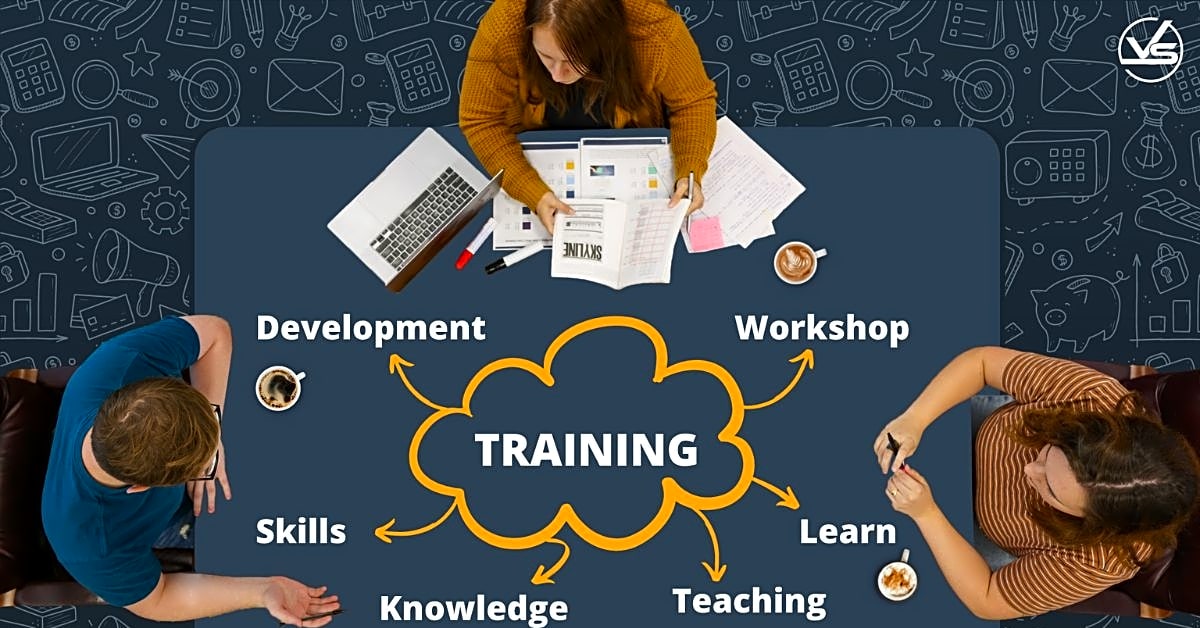Are you struggling to build a high-performing team? Look no further! In this article, we will dive into the key strategies for success in building and managing high-performing teams. Whether you are a seasoned manager or just starting out, understanding how to create a strong and efficient team is crucial for achieving your goals and driving your organization forward.
As the old saying goes, ‘a team is only as strong as its weakest link.’ This rings true in any organization, as the success of a team is dependent on the individuals who make it up. Therefore, it is essential to have a solid foundation and effective strategies in place to ensure that your team is functioning at its highest potential.
In this article, we will explore various management strategies and techniques that will help you create a high-performing team. From fostering effective communication to promoting a positive team culture, we will cover all aspects of building and managing a successful team.
So, whether you are facing challenges with your current team or looking to improve your skills as a manager, keep reading to discover the key strategies for building high-performing teams!
To start, let’s discuss the key elements of a high-performing team. These include effective communication, strong leadership, efficient project management, time management skills, and the ability to make sound decisions. We’ll delve into each of these areas and provide tips and strategies for improvement.
When it comes to communication, it’s important to have clear and open channels within a team. This means actively listening to each team member and promoting a culture of effective communication. It’s also crucial for team members to feel comfortable expressing their thoughts and ideas, as this can lead to more innovative solutions.
A strong leader plays a crucial role in creating a positive and productive team dynamic. A good leader should not only have strong communication skills, but also possess qualities such as empathy, adaptability, and the ability to motivate and inspire team members. By setting a positive example, a leader can help foster a cohesive and high-performing team.
In terms of project management, there are various techniques that can improve team efficiency and productivity. This includes setting clear goals and timelines, delegating tasks effectively, and using tools and technology to streamline processes. It’s also important for team members to have a clear understanding of their roles and responsibilities within a project.
Time management is crucial for achieving team goals. This involves prioritizing tasks, setting realistic deadlines, and avoiding distractions. By effectively managing time, teams can ensure that projects are completed on schedule and with high quality results.
Lastly, decision-making skills are essential for a high-performing team. This includes being able to evaluate options, consider different perspectives, and make informed decisions that align with the team’s goals. It’s also important for team members to be able to handle conflicts and disagreements in a constructive manner.
In conclusion, building a high-performing team requires a combination of effective communication, strong leadership, efficient project management, time management skills, and the ability to make sound decisions. By implementing the strategies and tips discussed in this article, businesses can improve their team management skills and achieve success in today’s competitive market.
Efficient Project Management
When it comes to building high-performing teams, efficient project management is key. This involves effectively managing projects and delegating tasks within your team to maximize efficiency and results.
Time Management Skills
Time is a valuable resource, especially in business. It is crucial for high-performing teams to have strong time management skills in order to achieve success. In this section, we will provide strategies for managing time effectively and avoiding common time-wasters.
Effective Communication
Improving communication within your team is essential for success. In today’s fast-paced business environment, effective communication is key to building high-performing teams. By fostering clear and open communication channels, teams are able to share ideas, collaborate, and make decisions together.
One of the best ways to improve communication within your team is to establish regular check-ins. This can be in the form of weekly team meetings or one-on-one meetings with team members. These check-ins provide an opportunity for team members to share updates, discuss any challenges they may be facing, and ask for help or clarification.
Another important aspect of effective communication is active listening. Team members should not only be encouraged to share their thoughts and ideas, but also to actively listen to others. This allows for better understanding and can prevent miscommunication or conflicts.
Lastly, using the right communication tools can also greatly improve team communication. Whether it’s a project management software or a messaging platform, having the right tools can streamline communication and keep everyone on the same page.
Sound Decision Making
Making decisions can be challenging, but it’s a crucial skill for any business owner. In today’s fast-paced and competitive market, the ability to make sound decisions is essential for success. As a business leader, you are constantly faced with tough choices that can greatly impact your team and company. That’s why it’s important to have effective decision-making techniques in place.
One of the key components of sound decision-making is gathering information. Before making a decision, it’s important to gather all relevant facts and data. This will help you make an informed choice rather than relying on guesswork or emotions. It’s also important to consider different perspectives and opinions from your team members. This can provide valuable insights and help you see the bigger picture.
Another important aspect of sound decision-making is considering potential outcomes and consequences. It’s important to think about both short-term and long-term effects of your decision. This will help you make a choice that aligns with your company’s goals and values.
Once you have gathered all necessary information and considered potential outcomes, it’s time to make a decision. It’s important to trust your instincts and use critical thinking skills to evaluate the information at hand. However, it’s also important to be open-minded and flexible. If new information arises, don’t be afraid to re-evaluate your decision.
Finally, it’s important to communicate your decision effectively with your team. This includes explaining the reasoning behind your decision and addressing any concerns or questions they may have. Clear communication will help ensure that everyone is on the same page and working towards the same goals.
Strong Leadership
A strong leader is key to creating a high-performing team. A good leader possesses qualities such as communication, adaptability, and empathy. They are able to effectively communicate with team members, listen to their concerns, and provide guidance and support. A strong leader also knows how to adapt to different situations and is open to feedback and new ideas.
To cultivate strong leadership skills, it’s important to constantly work on self-improvement and learning from others. This could include attending leadership workshops, reading books on leadership, or seeking mentorship from experienced leaders.
Building a high-performing team takes time and effort, but the benefits are well worth it. By implementing the strategies and tips we’ve covered, you can improve your team’s performance and take your business to the next level. Remember, continuous communication, strong leadership, efficient project management, effective time management, and sound decision making are all key elements in creating a successful team.






